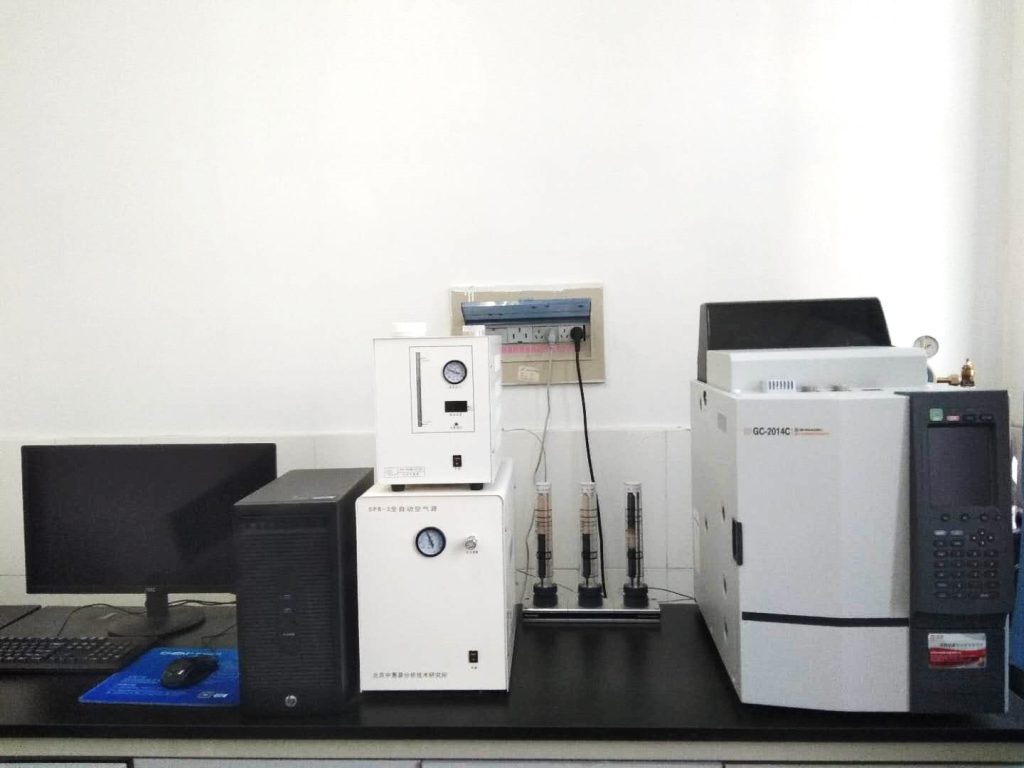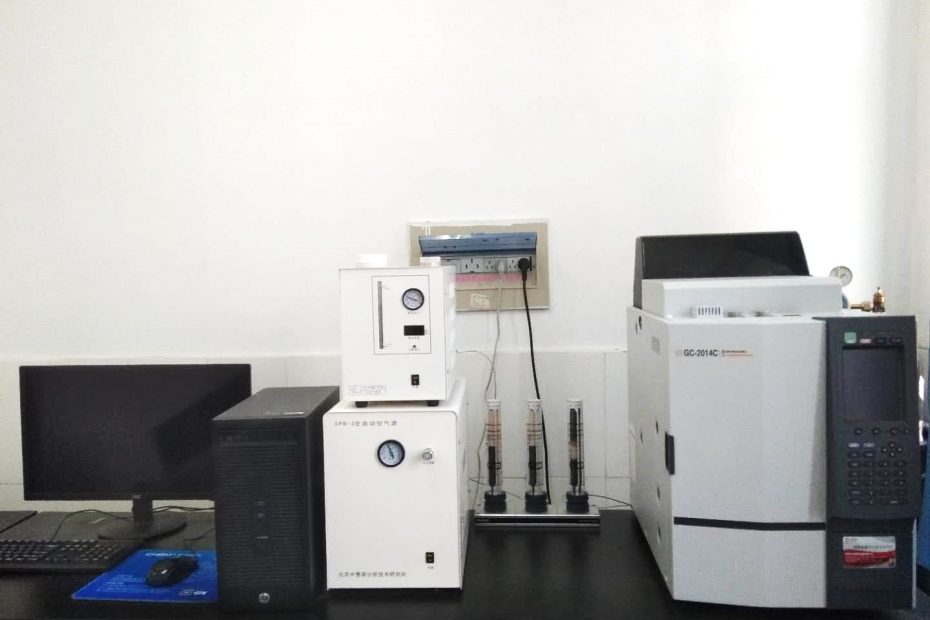Hydrogen is colorless and less dense than air, with small molecular weight, large molecular radius, large thermal conductivity, low viscosity and other characteristics. The role of hydrogen in gas chromatograph can be divided into two categories: one is to use hydrogen as carrier gas when TCD is used, and the other is to use hydrogen as fuel gas.
1、 Hydrogen as carrier gas of gas chromatograph
The carrier gas of gas chromatograph refers to the gas used to carry samples to stop separation. The common carrier gas should be inert gas, which is used as the active phase of gas chromatography. There are many gases that can be used as carrier gas. Gases that have no corrosivity on the guide line and do not have chemical reaction with the analyzed component can be used as carrier gas. Helium, hydrogen, argon and nitrogen are commonly used. Hydrogen is one of the commonly used carrier gases. Due to its small molecular weight, large molecular radius, large thermal conductivity and low viscosity, hydrogen is often used as the carrier gas in TCD. As for the carrier gas used, it mainly depends on the selected detector and other detailed elements.
2、 Hydrogen as fuel gas for gas chromatograph
Hydrogen is a mandatory fuel gas in FID. At present, apart from hydrogen high-pressure cylinder, hydrogen generator with electrolytic water can also be used as the source of hydrogen. Hydrogen is flammable and explosive, so special attention should be paid to safety when using it.Hydrogen cylinder is dangerous and Inconvenient,so more and more lab prefere onsite hydrogen generator to replace cylinder.

